Menu
Table of contents
Tip 1: Prepare your podcast as well as possible
One of the most important things is to prepare your podcast. Make a list of everything you need. Think about:
- Microphone
- Camera (optional)
- Space / attributes
- Topic you want to talk about
- Doing the podcast together, lies those people as best you can in
- Day and time
- External help to help you record and edit the podcast
- Software
- Etc.
Then also think about what could go wrong. For example:
- An empty camera
- Your guest not showing up
- A microphone that doesn't work
These are all things you should and can think about. And so you can also anticipate them should they occur unexpectedly.
Something I do want to touch on briefly is the topic and the person you are recording the podcast with. Do you know enough about your guest? Can you bring something fun to the table that you can surprise the guest with?
Do you know what the guest likes to talk about? And does he also know what you like to talk about?
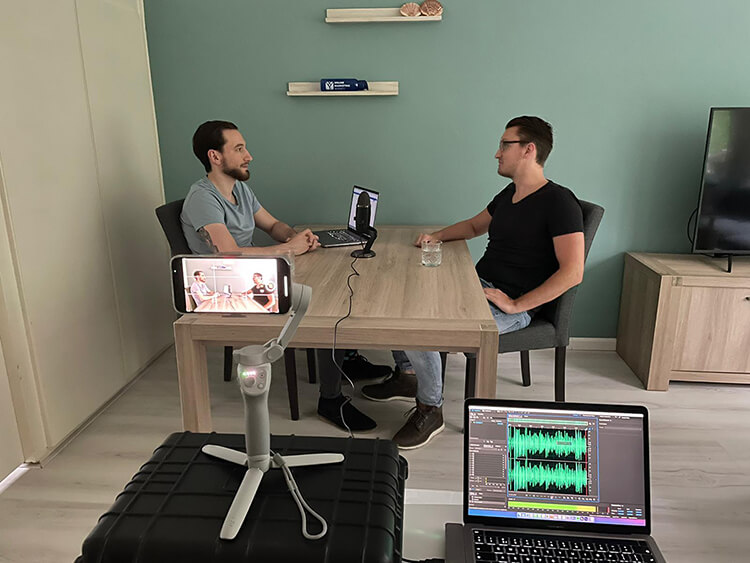
Tip 2: Start with the end goal in mind
Something that helped me a lot is thinking carefully about where you want to be in 5 years with your podcast. One of the things I thought carefully about is whether I wanted to do the podcast from OMA or on a personal basis.
In the podcast, sometimes I would also like to not talk about marketing and entrepreneurship for once. And sometimes I could also say for once that I disagree with something or that something is terribly bad.
This is all separate from OMA and so the choice was quickly made. Also, I really need more content for my own social media channels. And so the choice of adding video was also quickly made.
For example, another example of starting with the end goal in mind is keeping and saving the podcast. Our advice is to keep good records of everything from the first podcast, cut up, highlight and structure it.
After all, you can always recycle and combine content. That way you always have ideas and a quick way to create and post something. And should you have your own content team 5 years from now, you don't want them to fall into a big jumbled bin of content.
Tip 3: Don't be too perfectionist
Had our newest colleague Nick not had a microphone, I would have recorded my podcast on a phone. The same goes for the software. If Nick hadn't had the right software, I would have kept it really basic.
The first podcast will also immediately be your worst podcast. No problem, because you can only learn from that. If you get too worried beforehand about buying an expensive camera, having a great editor and a dream space, your insecurity will really get in the way.
That tends toward perfectionism. That often takes too much time (and money).
You just have to do it and learn from it. And it may also be that after episode 3 you still think: this is not for me.
And then you sit there with your expensive camera....
Tip 4: Put your phone on airplane mode and the bell off
Tip #4 I can't sugarcoat or complicate more than it is. Turn off all phones and the bell (if you can hear it).
Because that would really disrupt your podcast anyway (and is also very unprofessional)....
Tip 5: Turn off Google, Siri and Alex
We had thought of tip 4 ourselves, only tip 5 unfortunately not. When we talk about marketing, of course it includes Google.
And when we mentioned Google a few times during the first podcast, our Google Home speaker thought it was a good idea to tell us that 'he didn't understand us very well... Oops!
This is obviously not very convenient, but we decided to joke about it and laugh about it. That's the best you can do about it (extra tip!).
Tip 6: Think about your posture
Tip #6 is something that is mostly a tip for myself. You see, I have always had poor posture and by nature my shoulders are somewhat forward.
Add to that the fact that your shirt is not sitting quite right at the time of filming, and you soon look pretty sloppy. So try to sit up straight, make sure your clothes fit properly and film a bit to see how you look.
Tip 7: Edit the sound of your podcast
Nick is a jack-of-all-trades. Besides marketing, websites and filming, he can also edit sound. By editing the sound, your voice comes out better. It can be made a little "warmer," for example. Peaks can be capitalized on. And background noise can be easily filtered out.
This can really be a night and day difference within your podcast. So this is something I really recommend learning or outsourcing. After all, there is nothing worse than a podcast with audio that is impossible to listen to.
Tip 8: Don't fuss over peripheral issues such as intros
If you listen to podcasts regularly, you will hear fancy intros with all the bells and whistles. So that's really not something that suits me.
It should be low key. Not off the cuff. And the focus should be on content. If you also think like this, that's an advantage. Because creating an intro and outro can cost you a lot of time or money.
Do you really like an intro with a cool voice and thick bass and is that really on your wish list? Then think this idea all the way through, but don't start working on this until your podcast is a little better and you've already recorded several.

Tip 9: Outsource elements through Fiverr
Starting a podcast can be really incredibly easy if you have the right people around you. Such a person as Nick ;-).
In case you don't have Nick around you and don't have the budget to hire a professional, be sure to use Fiverr (https://onlinemarketingagency.com/fiverr/).
In fact, here you can hire all kinds of expert services for a reasonable price. Think about:
- Someone who can make your podcast cover
- Someone who can make your YouTube cover
- Someone who can write an intro text
- Someone to edit the sound after
- Someone who can post-edit the podcast
Should it be your first time using Fiverr, I really recommend reading my blog "10 helpful tips for a successful Fiverr adventure.
Tip 10: Evaluate what could be better next time and make a wish list for the next podcast
As I mentioned earlier, your first podcast is your worst podcast. Ask people what they thought of it after you put your podcast online and make a list of areas for improvement based in part on their answers.
This could be something technical, something about the setting you are in or something about the distribution.
Looking at my first podcast, these are the tips/wishes for the next one we are going to record:
- Pay attention to your posture/how your clothes fit
- Being less affected by light
- A more professional setting
- A better camera
- Working with 2/3 cameras, so we can adjust the image if someone says something
- Talking more quietly / taking more time
And some of these areas of improvement are obviously very easy to pick up, but some (such as the multiple cameras) we will not purchase until we are a few steps further along and we are in our new building.
Tip 11: Distribute your podcast (for free) through Anchor
If you've created a podcast, of course you'll want it to appear online. Our advice is to use a podcast hosting platform for this.
Personally, I used Anchor for that: https://anchor.fm/danielkuipers. You can add your podcast, the podcast cover, introduction text, etc. all there.
And when you post a podcast episode, you can choose whether you want Anchor to also put the podcast on Spotify or Apple Podcast. You don't have to do that yourself after that.
Anchor then makes sure that everything is placed neatly on those platforms and you then don't have to do anything about it.
And in addition, within Anchor you can see all kinds of useful data such as how often the podcast has been listened to and, for example, how long people listen to the podcast on average.
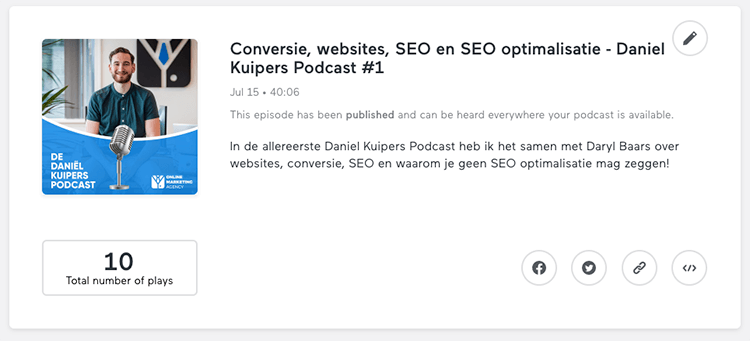
Tip 12: Listen to my new podcast, subscribe to my YouTube channel and follow my Spotify list 😉
In case you are very curious about how my first podcast turned out, you can find the podcast via the following links:
YouTube: https://www.youtube.com/watch?v=mZDk0OEyCRI&t=2034s.
Spotify: https://open.spotify.com/episode/2VsCwp1GIF85LHnt7zZ0VF?si=4_DTANRNQESOxq52bfcf6Q&dl_branch=1

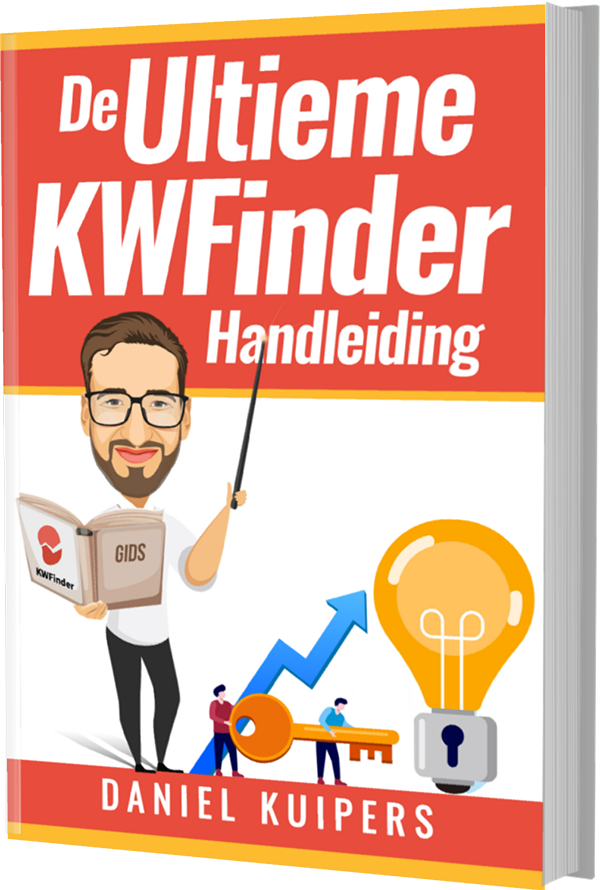
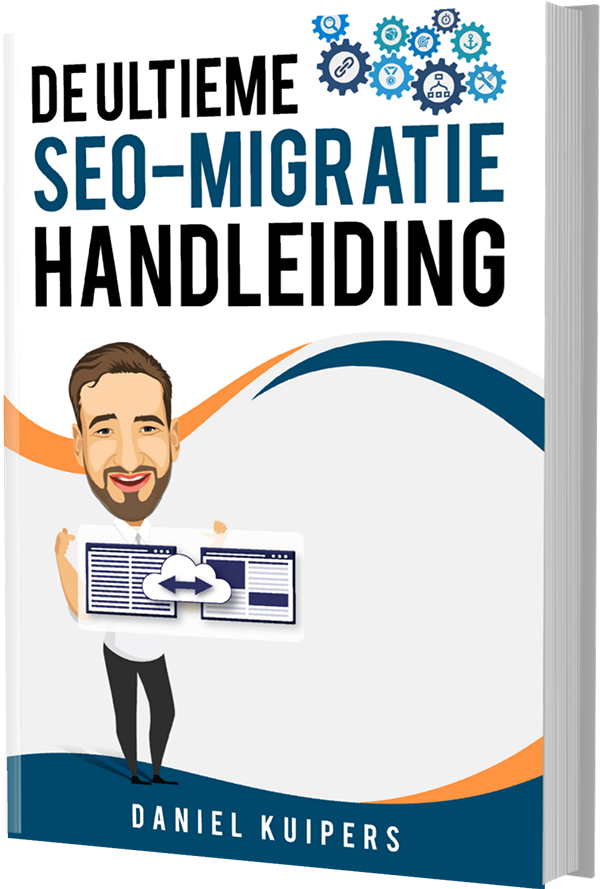
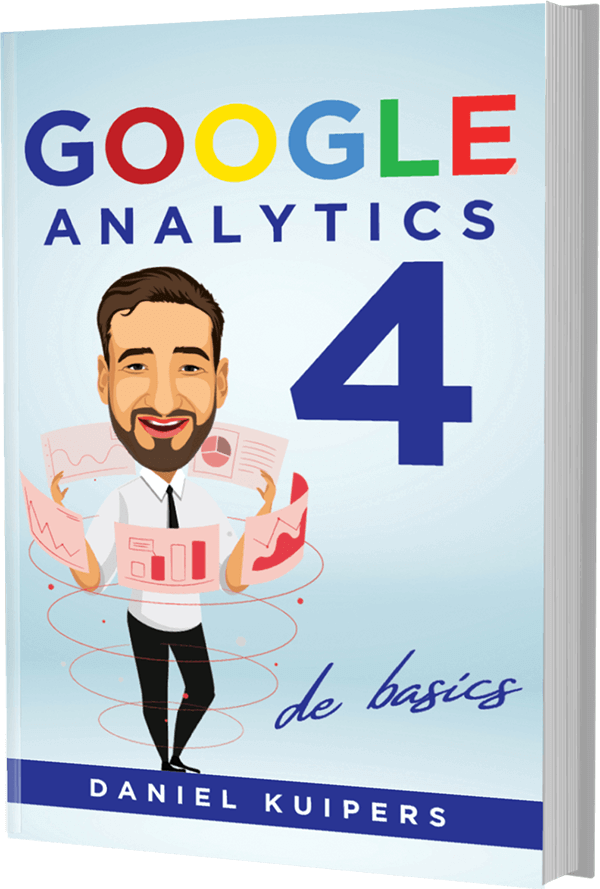
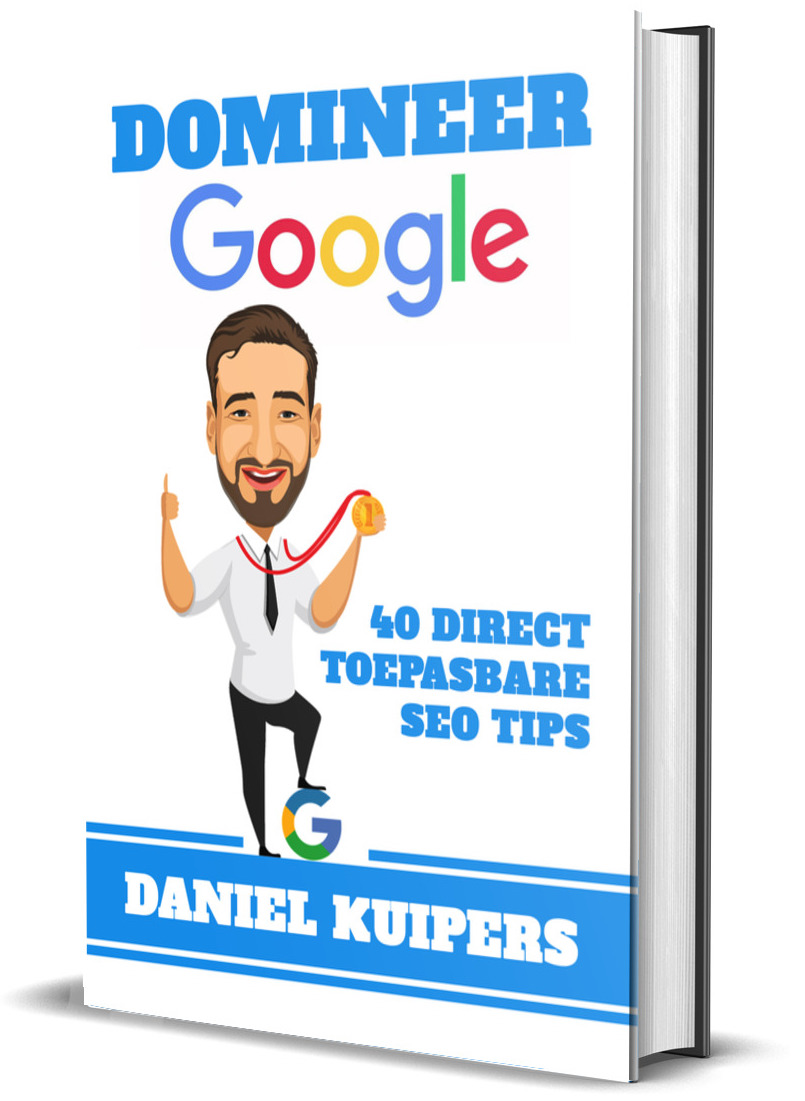
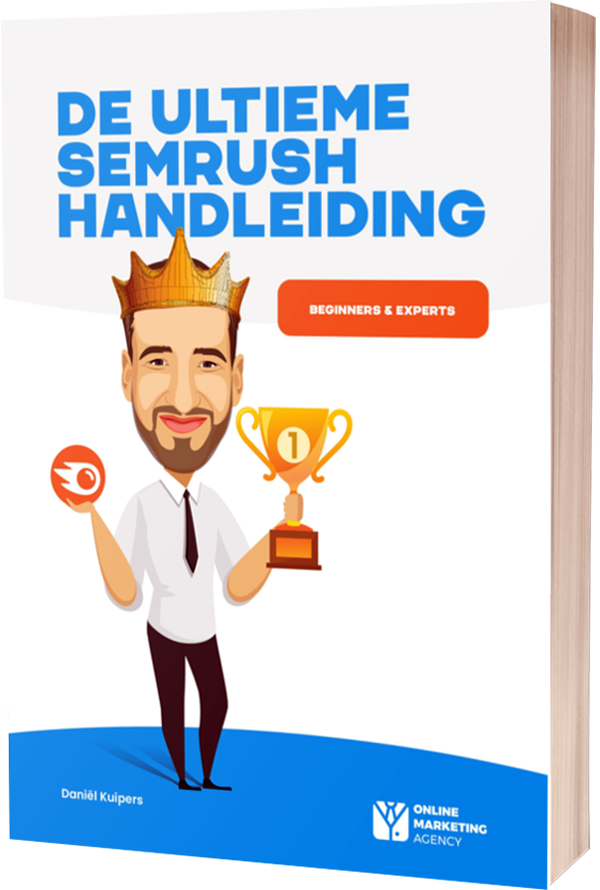

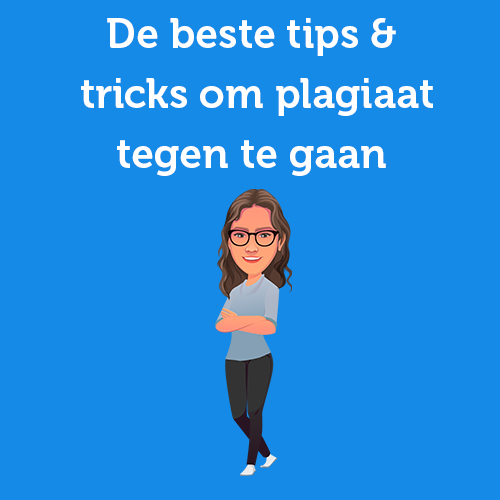

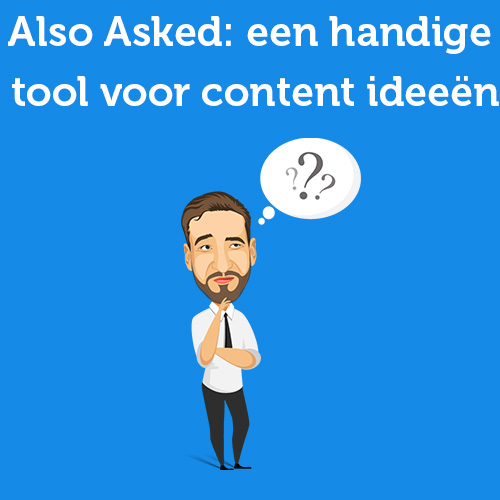
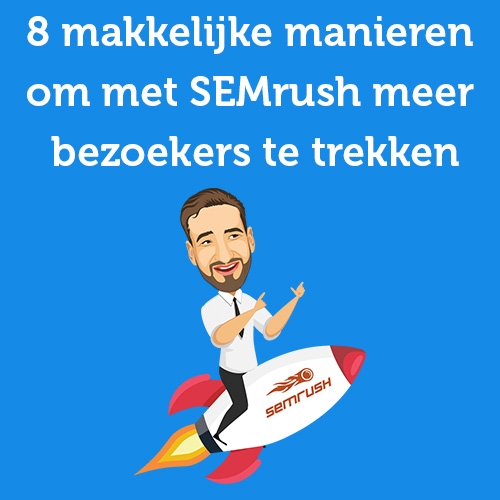
Written by: Daniel Kuipers
Daniel is the founder of Online Marketing Agency. He constantly scours the Internet for the latest gadgets and tactics and blogs about them in understandable language. Well, sometimes.